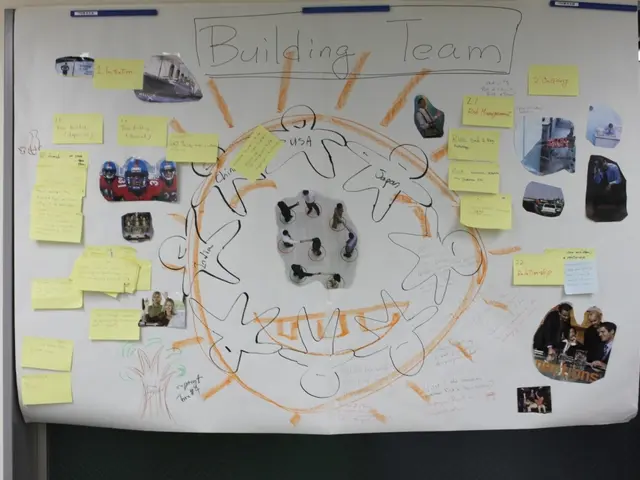Government Rules on Data Protection and Safety Measures for Drone Operations
In Canada, the operation of drones is governed by a combination of federal and provincial laws, with privacy and data protection issues falling under the jurisdiction of the Office of the Privacy Commissioner of Canada.
The Privacy Act applies to government agencies and their handling of personal information, while the Personal Information Protection and Electronic Documents Act (PIPEDA) is a federal law that applies to private sector organisations that collect, use, or disclose personal information in the course of commercial activities.
All drone operators are expected to be trained on privacy laws and best practices for data protection. Key compliance requirements include obtaining explicit consent from individuals if their personal information will be collected, used, or disclosed. Operators must also inform individuals when they are being recorded by a drone and collect only the data that is necessary for the intended purpose.
Robust security measures are essential to protect the collected data. Implementing strong encryption methods, employing secure communication channels, implementing strict access controls, and keeping all drone software and firmware up to date are key security measures. Where possible, data should be anonymized to remove personally identifiable information.
Drones should refrain from flying over sensitive areas such as private residences, schools, and healthcare facilities without proper authorization. Operators must adhere to privacy laws and ensure they do not infringe on individuals' privacy rights.
Clear policies should be developed and published, outlining how personal information collected by drones will be handled. Having an incident response plan in place helps manage and mitigate the impact of data breaches or security incidents. Key components include detecting and monitoring potential security threats and breaches, establishing clear procedures for responding to security incidents, notifying affected individuals and relevant authorities promptly in the event of a data breach, and conducting a thorough analysis of the incident to identify the root cause and implement measures to prevent future occurrences.
Provincial laws, such as those in British Columbia, Alberta, and Quebec, may also apply to drone operations within their jurisdictions. The Canadian Aviation Authority (Transport Canada) is responsible for the regulation and enforcement of drone laws, including pilot licensing and registration for drones over 250 grams.
By adhering to these regulations and best practices, drone operators can ensure they are operating responsibly and protecting the privacy and data of individuals.
Read also:
- Transforming Digital Inventories in the Food Industry: A Comprehensive Guide for Food Businesses
- Partnership between MTN South Africa and SANTACO aims to advanced transportation systems and stimulate economic opportunities for the masses in South Africa.
- Rapid Construction of Rajasthan's 435 Megawatt Solar Power Plant in Eight Months Reduces Carbon Dioxide Emissions by Over 700,000 Tons
- InformationWarfare in the Modern Era: Enhancing an Information Strategy for today's Battlefield and Botnet Threats







